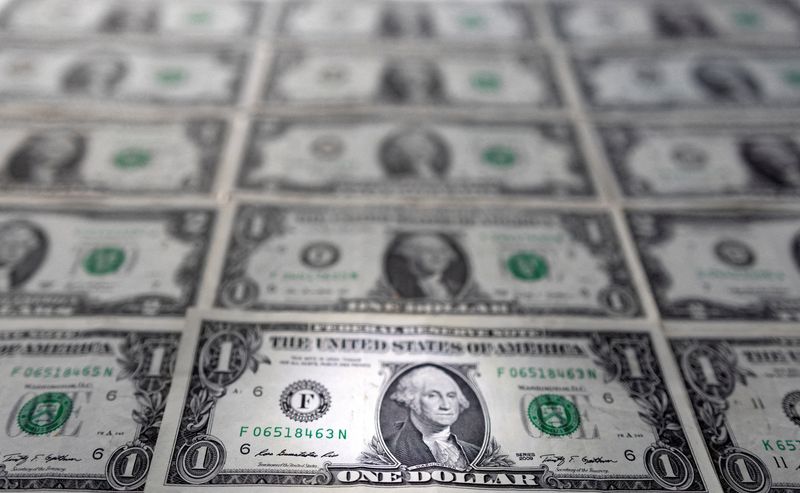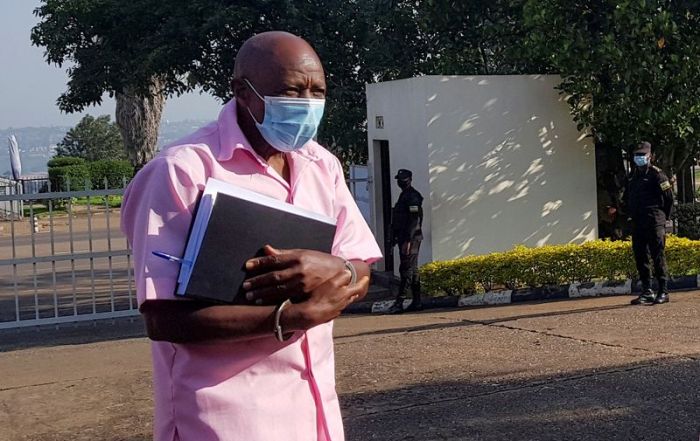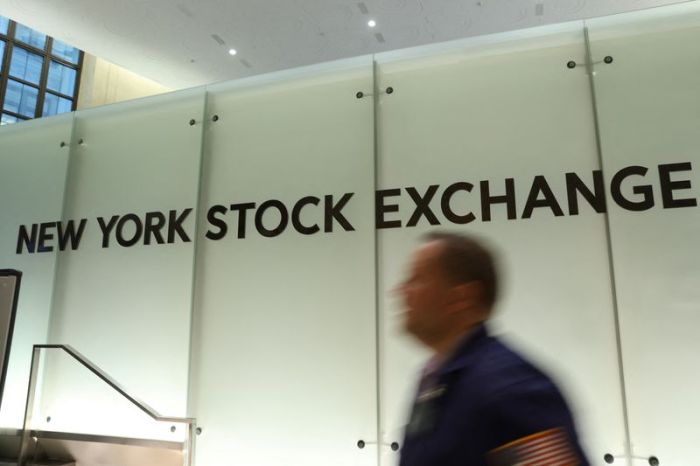NEW YORK (Reuters) -The dollar slipped across the board on Thursday, falling to a 2-week low, extending its pullback from a two-decade high, as most major currencies battered by the greenback’s advance this year drew buyers.
With volatility on the rise in global financial markets, the dollar logged sharp declines against the Japanese yen and the Swiss franc, which tend to attract investors in times of market stress or risk.
But the dollar also fared poorly against riskier currencies, including the Australian and the New Zealand dollar, as deep year-to-dates losses for these currencies attracted some buyers.
“Investors have perhaps just had enough of the USD and are looking to diversify risk – especially as broader USD support from rising U.S. yields appears to have maxed out,” said Shaun Osborne, chief currency strategist at Scotia Bank.
The U.S. Dollar Currency Index, which tracks the greenback against six major currencies, was down 1.0% at 102.79, its lowest since May 5. That puts the index on pace for one of only six instances over the past five years when it logged a 1-day loss of 1% or more.
The index hit a near two-decade high last week as a hawkish Federal Reserve and growing worries about the state of the global economy helped lift the U.S. currency. The index is up 7.5% for the year.
On Thursday, the dollar slipped to a 3-week low against the yen and a 2-week low against the Swiss franc.
Analysts, however, warned against reading too much into the dollar’s retreat.
“Yes, the dollar is broadly lower today despite risk-off conditions in the cross-asset space, but does this mean the dollar’s haven status is starting to weaken? Most probably not,” said Simon Harvey, head of FX Analysis at Monex Europe.
The Swiss franc was supported against the dollar and the euro after Swiss National Bank president Thomas Jordan signaled on Wednesday the SNB was ready to act if inflation pressures continue.
The euro rose to a more than 1-week high against the dollar, as investors priced in the chance of an aggressive near-term tightening path by the European Central Bank.
Britain’s pound rose 1.2% against the dollar on Thursday, but remained close to the 2-year low touched last week as soaring inflation combined with a murky growth outlook capped gains.
Meanwhile, bitcoin rose 4.7% and was last trading at $30,039.31, continuing to try to shake off the weakness that has engulfed cryptocurrencies in recent days.
(Reporting by Saqib Iqbal Ahmed;Editing by Alison Williams and Will Dunham)
























